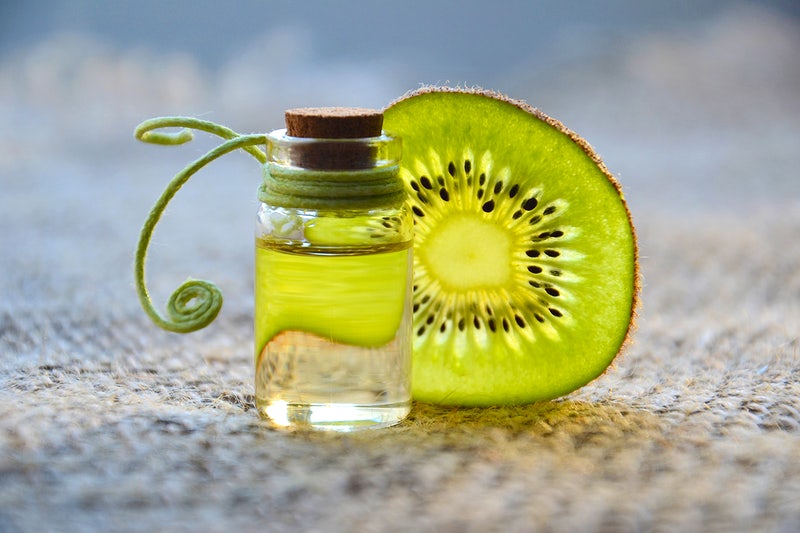Types Of Essential Oils For Fever :
Terry's Natural Solutions is a website that offers information about the benefits of essential oils. Recently, they released an article that discussed whether or not essential oils can treat fever.
Their study suggests that essential oils may help in relieving symptoms of fever. We will explore the potential advantages of essential oils when treating fever.
What is Fever?
Fever can be a sign of a variety of illnesses and conditions. Fever occurs when the body's temperature rises above normal. It can be caused by inflammation, infection, or other medical conditions.
Other signs and symptoms that are associated with the fever can include body pains chills, fatigue, and muscle pains. These symptoms could make it difficult to be able to function normally. However, the symptoms of fever are not usually harmful and usually will go away within a couple of days.
Can Essential Oils Cure Fever?
This is a difficult question to answer. Essential oils can be helpful in reducing symptoms of fever, but others might not have any effects in any way. Essential oils' effectiveness will depend on the oil is used and the method by which it was utilized.
Certain essential oils that could reduce fever include peppermint, eucalyptus, and lavender. The oils are able to be inhaled, or applied to the skin. Essential oils should be used in accordance with the instructions on the bottle.
Essential oils do not provide the cure for fever, however they may help to alleviate symptoms and make you feel more relaxed. If your fever is accompanied by other symptoms such as chest pain or breathing problems it is crucial to get medical attention as soon as possible.
Types Of Essential Oils:
There are many kinds of essential oils, each having its own unique benefits. The most well-known essential oils are:
Lavender oil: Lavender oil is one of the most popular essential oils and can be utilized for many purposes. It is renowned for its relaxing and calming properties. It can also be used to reduce anxiety as well as stress and insomnia. It is also applied on the skin to heal cuts, scrapes, and burns.
Peppermint oil: Peppermint oil is cooling and refreshing effect that can help to ease migraines, headaches and nausea. It can also be inhaled to relieve sinuses and congestion.
Eucalyptus oil: Eucalyptus oil has a refreshing, menthol-like scent that helps clear the sinuses as well as ease respiratory problems. It is also employed to ease muscle stiffness and pain relief.
Tea tree oil Tea Tree oil may be employed as an antibacterial as well as antifungal treatment for skin conditions like dandruff, athlete's feet and acne. It can be used as an insecticide or to clean surfaces.
The most important thing to use essential oils successfully is to know which oil best suits your needs and to utilize it correctly. Make sure you review the label thoroughly and talk to a health professional should you have any concerns or questions.
How to Caregiver for a Sick Person
If you suspect someone is sick, it's ideal to offer them plenty of fluids and let them lay down. If they are suffering from a fever, administer acetaminophen and ibuprofen to reduce it. Make sure they get plenty of fluids, including clear soups and water.
If the person is vomiting or suffering from diarrhea, it is important to replace the fluids that they are losing. Sports drinks like Gatorade will help in this, however, you must consult a physician if the person becomes dehydrated.
Conclusion
It is impossible to know the truth about whether essential oils can help treat fever. Some essential oils can help alleviate symptoms of fever. Essential oils may be utilized to ease symptoms of fever. It is crucial that you follow all instructions and consult a doctor in the event that your fever persists or is severe.

